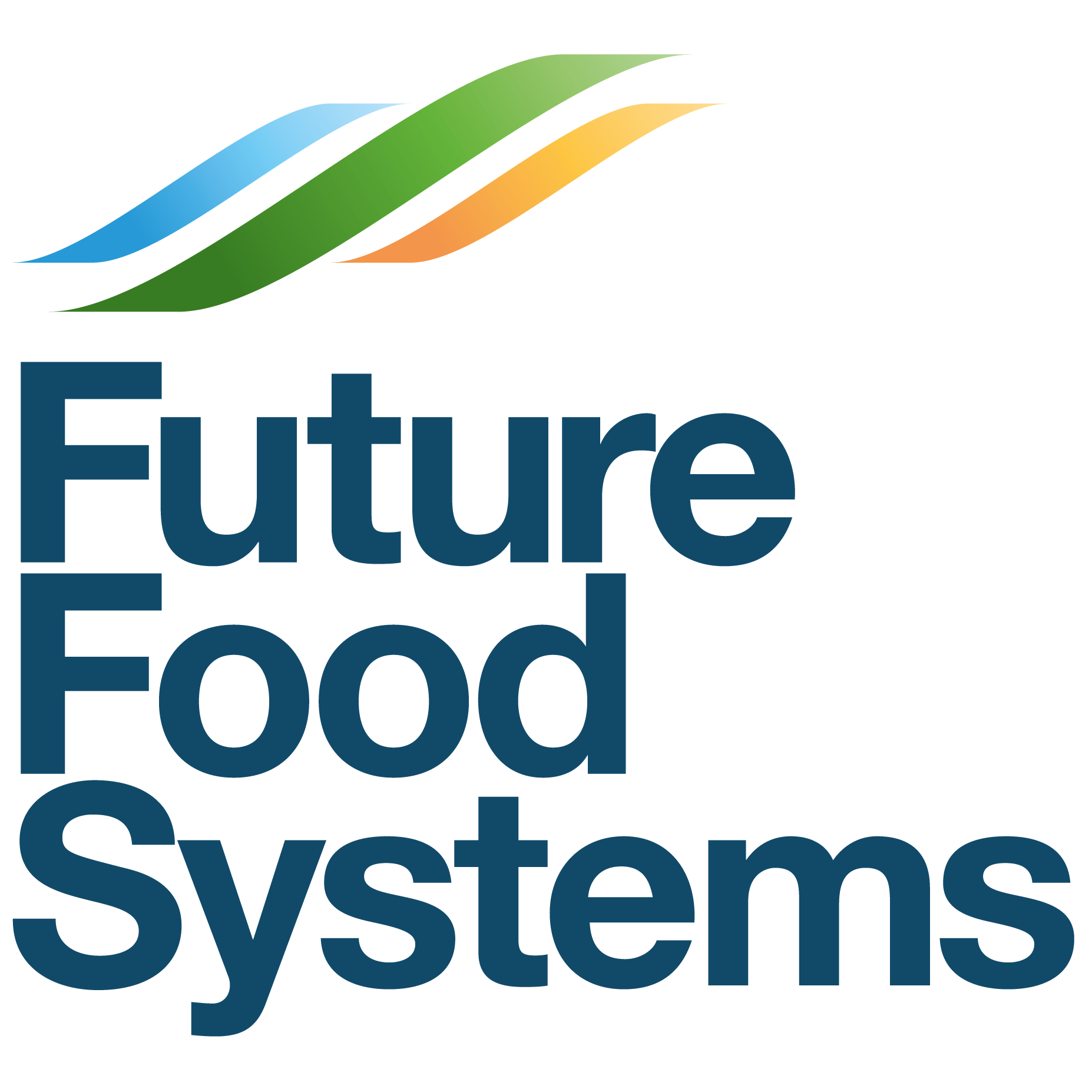Challenge The transition toward smart, sustainable, and resilient food systems depends on equally robust transport systems that function effectively across local, regional, national, and international scales. However, strategic transport, land use, and infrastructure planning is often undermined by limitations in current freight data collection and modelling approaches. Freight data is notoriously difficult and expensive to collect, and existing models tend to rely on static, one-time datasets that lack the flexibility to accommodate evolving trends in technology, climate, energy, and supply chain behaviours. As a result, planners are left with limited tools to assess the real-world implications of transport and infrastructure decisions.
Solution This project focuses on enhancing freight scenario planning to support the development of transport systems that align with the needs of future food systems. It incorporates multiple drivers of change including emerging technologies, shifting demographics, energy transitions, emissions regulations, and unplanned disruptions into dynamic freight planning frameworks. By embracing scenario-based methodologies, the project enables planners to evaluate a range of plausible futures, test infrastructure resilience, and explore the potential consequences of different land use strategies. The ultimate goal is to overcome the static nature of traditional freight modelling and build adaptive modelling systems capable of responding to real-time changes.
Impact The development of flexible, scenario-driven freight planning models will significantly improve infrastructure and land use decision-making. These tools will allow stakeholders to better anticipate and mitigate the risks of disruptive events, align freight systems with sustainability and emission reduction targets, and support the logistics backbone of resilient food supply chains. In doing so, the project advances integrated planning for both transport and food systems.






